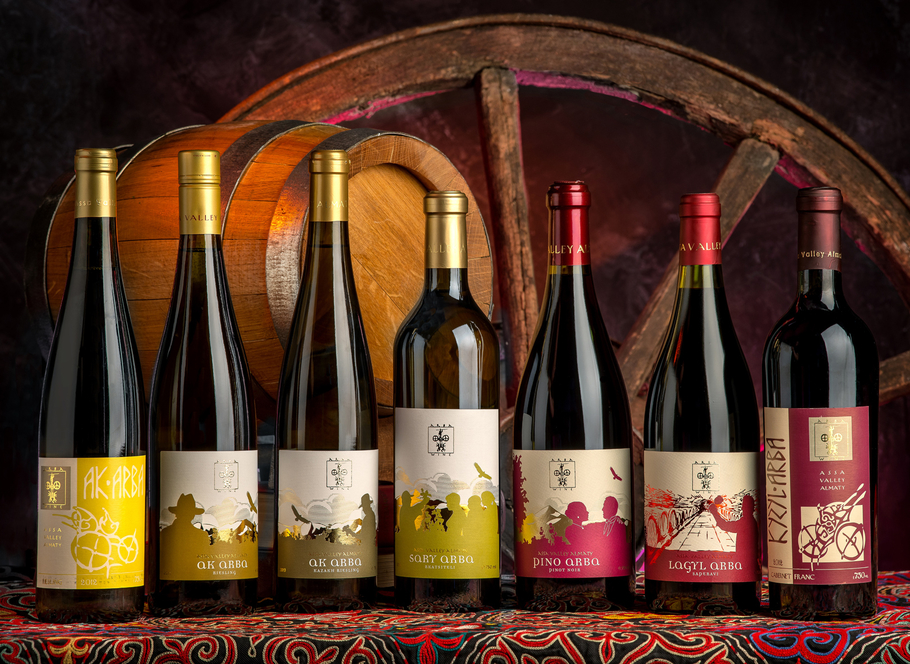NUR-SULTAN – The European Commission added KazStandard, a government-owned company that pursues state policy in standardization and metrology fields, to the list of competent wine certification authorities in Kazakhstan last month, according to the Ministry of Trade and Integration.

Starting to produce wine in the middle of 19th century, Kazakhstan took into account the experience of Georgia, Moldova and Ukraine. Photo credit: 110km.ru
This opens up more opportunities for local wine producers to access European markets.
Wine, grapes or grape juice imports to the European Union requires a VI-1 certificate that also includes laboratory tests of batch samples. A certificate is submitted to the customs office for clearance, which validates the conformity of wine quality with European standards. This opens up the product to sales in the EU.
According to Bakhyt Sultanov, Kazakh Minister of Trade and Integration, wine exports to Europe remain very low – over the last year the country sold only 975 litres of wine totalling $8,000.
“We have done tremendous work to guarantee the European quality of our laboratory tests and to gain recognition for our certificates. We have chosen three laboratories, which will conduct all wine and grape juice research for export to Europe,” he added.
The winemaking industry in Kazakhstan emerged in the middle of the 19th century while we took into account the experience of Georgia, Moldova and Ukraine.
“We grow grapes to produce wine in the south and south-east – Turkistan, Kyzylorda and Almaty regions. 40 percent of viticulture (the science or practice of growing grapes) is concentrated in the Almaty region,” said Saule Kazybayeva, head of the grape breeding laboratory at the Kazakh Horticultural Research Institute.
There are three dozen wine producing companies in Kazakhstan, including Arba Wine, Winnac Elite, Silk Alley, Bacchus and AgroWinProm.
Several Kazakh wine companies will also present their products at the Shanghai Import Exhibition in November.
